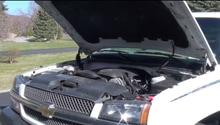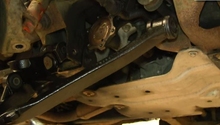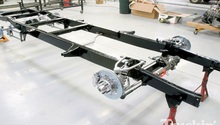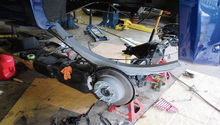Chevrolet Silverado 1999-Present: Why is My Truck Making Noise?
When you hear a new sound coming out of your Chevrolet Silverado 1500 it means something is wrong. The faster you fix it, the cheaper the repair will cost you.
This article applies to the Chevrolet Silverado 1500 (1999-present).
The Chevrolet Silverado 1500 is a reliable truck made for durability. However, like any other machine, it is a combination of thousands and thousands of parts. Some are small, some are big, some are metal, and some are rubber, and when one thing goes wrong, it always takes other parts down with it. Unfamiliar noise is never a normal thing, and the faster you diagnose the issue, the quicker and cheaper the solution will be. There are all types of different noises that mean different things. Some noise may indicate an issue with the suspension system, tires, interior, or even the engine. The good news is, if you diagnose the issue right away, it shouldn't be too costly.
Step 1 – Check the tires
The first and simplest component that can go wrong and make some noise in your truck is one of your vehicle's shoes. A bulged tire would make a thumping noise that you can't miss. This could happen if the tire is old and needs replacing, or if your truck is out of alignment and your tire wore out pre-maturely.

Step 2 – Check the coil springs and shocks
The Silverado is comfortable because of four shocks and four springs. If the shocks are too old or the springs are rusted out, they can make a creaking noise, sometimes a grinding noise if the spring is cracked or broken. Check the condition of each spring, and visually check for leaking shocks. If you're feeling strong, go to each corner of the truck, or ideally the corner with the noise, and push down on the truck and quickly let it go. It should bounce back up and stop; if it keeps bouncing up and down a few extra times, your shock may be worn and causing the noise.

Figure 2. Cracked coil spring. 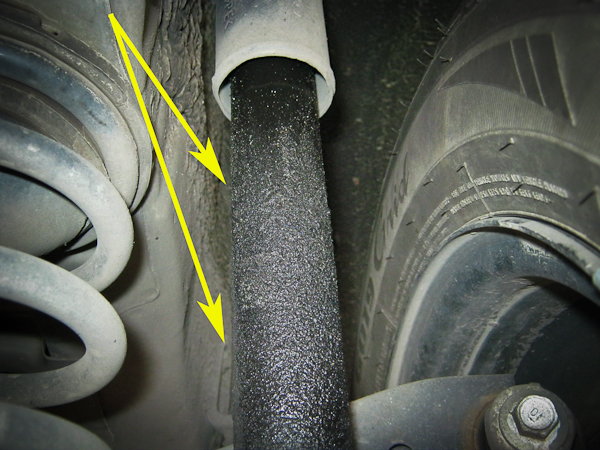
Figure 3. Leaking shock absorber.
Step 3 – Check the bushings
This is one of the most popular causes of suspension noise, especially if you live in a dry environment. Visually check all your bushings; if they're dry, they're bad. You may even find missing bushings, which should be fixed immediately; the last thing you want is metal on metal suspension parts. Check the control arm bushings, sway bar bushings, and strut bar bushings. Noises can vary here, but if you're missing any bushings, you'll hear an awful grinding noise that you can't ignore. If they're dry, you may hear small creaks and grinds going over bumps or into parking lots.

Pro Tip
Before replacing dried bushings, you can always try to grease them up first. This usually works and will save you the time and money of removing all the parts to actually replace the little rubber pieces.
Step 4 – Check the ball joints
Ball joints can last you a very long time, but sometimes the grease between them and the other suspension components leaks out and causes damage to them. Bad ball joints usually sound like a banging noise coming out of the corner of the truck. Another sign of bad ball joints is vibration in the steering wheel while driving as it affects the steering of the vehicle. To check for bad ball joints, raise the car and secure it on jack stands, then grab the tire from the top and bottom or side and side. Wiggle the tire; if it wiggles, it means you may need to replace some ball joints.

Step 5 – Check the leaf springs
Trucks are made to handle most driving conditions, but an extreme incident could crack or break your leaf springs. Visually check them to see if they're cracked; if one of them is cracked, it's recommended you replace the whole package.

Step 6 – Check the belts
If whining is what you're hearing, then your serpentine belt may need to be replaced. Check the belt for wears, and also check if it's loose. If it's worn or loose, replace it. Connected to the belts is your alternator. A bad alternator will cause a whining noise, and the closer it is to dying, the more consistent the sound will be. As it gets bad, you should smell a burning smell, and if your battery dies, then it's definitely your alternator causing the whine.

Step 7 – Check the interior
The interior can very much be the cause of some noises. First, is the sound coming from inside your car? If it is, check all the little trim around your interior. Trim can get loose over time and cause rattling noise. If your trim feels nice and solid, check all the rubber seals and stoppers around your doors and windows. These could also be causing rattling noises.
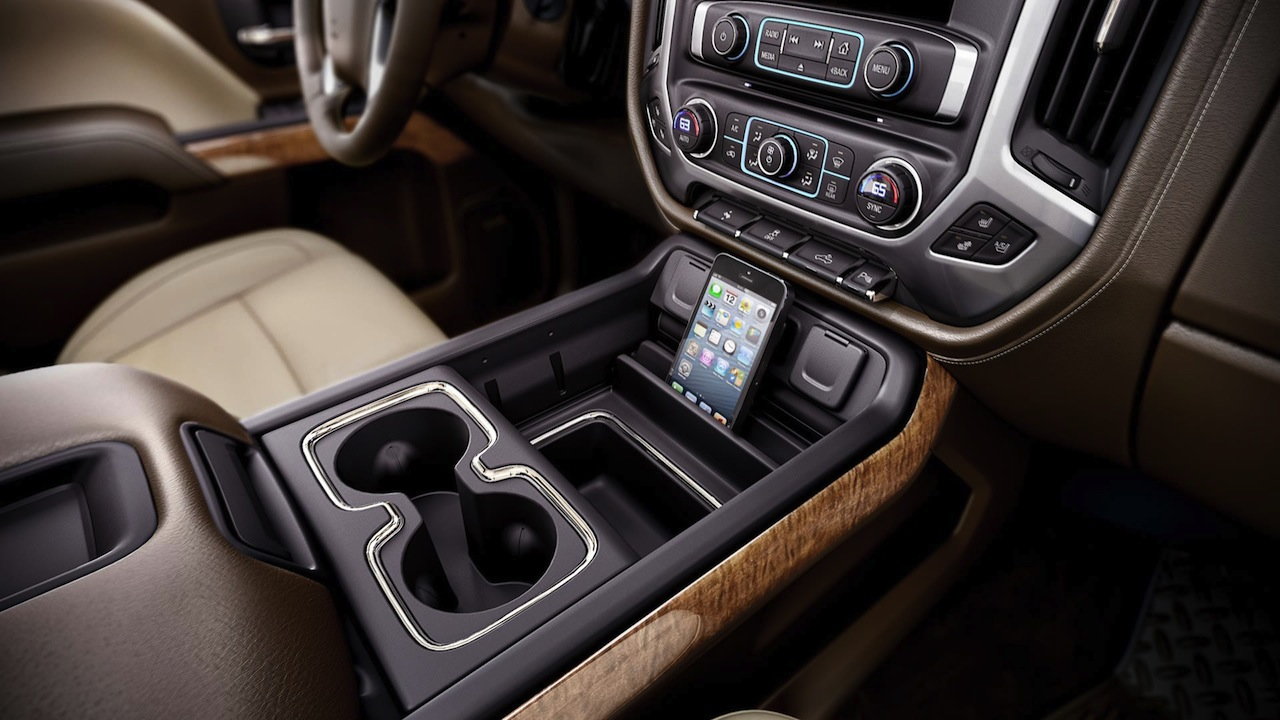
Related Discussions
- Rear Suspension Noise - ChevroletForum.com
- Front Suspension Noise - ChevroletForum.com

